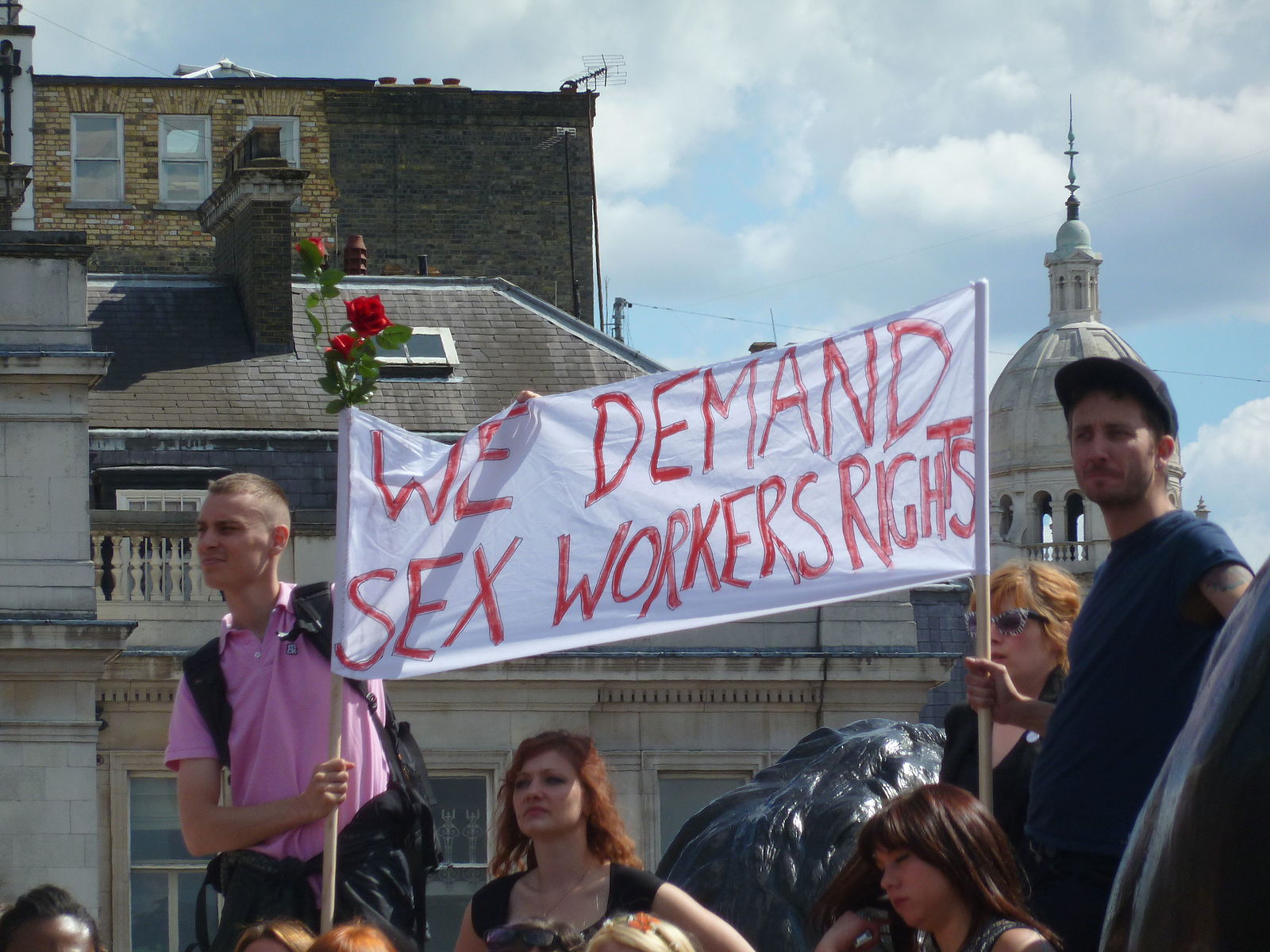Hours before the AFC championship game this February, New England Patriots owner Robert Kraft solicited sex workers at the Orchids of Asia Day spa in Florida. He was charged with soliciting a prostitute as part of a larger bust in which these spas and businesses were revealed to be hotbeds for human trafficking. This news set off a flurry of discussion about sex trafficking in the United States and cries for the US government and law enforcement to crack down on human trafficking. However, these laws seeking to fight human trafficking have the unintended consequence of negatively impacting consensual sex workers. Any legislation addressing human trafficking must do more than criminalize its perpetrators, it must also create a support system for these sex workers who are often caught in the crossfire of human trafficking crackdowns.
The Stop Enabling Sex Traffickers Act of 2017 , which holds online sites liable if they are used for sex trafficking, illustrated how well-intentioned laws can inadvertently put sex workers in more danger. In an attempt to stop online trafficking, the law shut down the relatively safer online alleys for sex workers to connect with customers. A University of Leicester Report found that the internet gave sex workers greater opportunities to screen clients, thereby decreasing the chances of physical assault. Not only can laws like this one make sex work more dangerous, but they also lead to greater incarcerations rates, especially for women. These women are often punished more harshly than the solicitors, receiving up to 5 years of jail time whereas solicitors are often sentenced to community service and up to one year in prison.
Greater criminalization also leads to further abuses, as sex workers already face routine harassment assault by police officers and arbitrarily detained and profiled. While imprisoned women face sexual abuse and psychological trauma, and they often do not receive medical care for either. Just as the War on Drugs sought to decrease drug use and trafficking but instead led to the mass incarceration of people of color for nonviolent crimes, these new legal crackdowns on sex work do not suppress it more than they imprison women of color.
Granted, in countries with stricter laws for sex work and solicitation, human trafficking did decrease significantly. A report by the Harvard Law and International Development Society found that in nations with decriminalized sex work, there was an increase in human trafficking due to increased demand for sex workers, especially because human traffickers often disguise their victims as consensual sex workers. Often customers do not know that the sex they solicit is a result of human trafficking.
Therefore, the legislative approach must balance between criminalizing human traffickers, protecting those who wish to continue their sex work consensually and creating a clearer distinction between consensual and forced work. New Zealand did just this when it legalized sex work in 2003. This legislation provided health education to sex workers, greater access to law enforcement, and consistent inspections and certification for “brothels”, the official term in New Zealand for businesses involved in sex work.
These protections meant that sex work in New Zealand was not merely decriminalized, but reformed in a way that protected sex workers and made it easier to prosecute human trafficking. Legitimate sex work workers now have the same protections as any other officially recognized employee. This legislation requires operators of sex work businesses to provide sexual health information to all employees and clients, as well as ensure a “prophylactic shield” is always used. Additionally, these businesses must have consistent health and safety inspections, which puts more responsibility on business owners to protect their employees. It also became easier for women to report abuse from both business owners and clients, since there was no longer a fear of legal repercussions.
Bringing sex work into the light also has the added benefit of persecuting solicitors of trafficked victims. Since sex workers share health and certificate information with law enforcement, the delineation between consensual and forced sex work becomes more clear Therefore, it also becomes more difficult for solicitors of victims to believably argue that they did not know the work was nonconsensual.
Because this New Zealand law makes sex workers officially employed, they are eligible for Social Security and other economic protections that accompany state-recognized employment Their workplaces are legitimized and therefore safer, and a report from the government later found that there were no additional instances of trafficking after this legalization of sex work.
The United States demonstrates the opposite approach: when sex work is in the shadows, getting a clear understanding of human trafficking is nearly impossible. The government does not even have an official estimate of U.S. trafficking victims: In 2017, the U.S. was the top country of origin for trafficking victims, but much of the information comes from non-profit research organization or advocacy programs. Part of protecting sex workers and addressing human trafficking is disseminating information to raise awareness for what sex trafficking looks like in comparison to consensual sex work.
Unfortunately, there are obviously issues with legitimacy. The required information needed to be registered and protected can decrease anonymity and limit opportunities for individual work. As mentioned before, “brothels” in New Zealand had the protections of certification and inspection, protections which are difficult to provide to individuals. However, it is still the necessary first step to create a distinction between human trafficking and sex work, not just in the eyes of the government, but in the eyes of potential solicitors as well.
The United States needs policies that separate sex from crime. Current attempts to criminalize human trafficking often target sex workers and push them into a more dangerous situation. There needs to be a legislative effort to bring consensual sex work into an area of legitimacy in order to protect sex workers in their own right and also increase the effectiveness of sex trafficking laws.
Photo: “Slutwalk“
